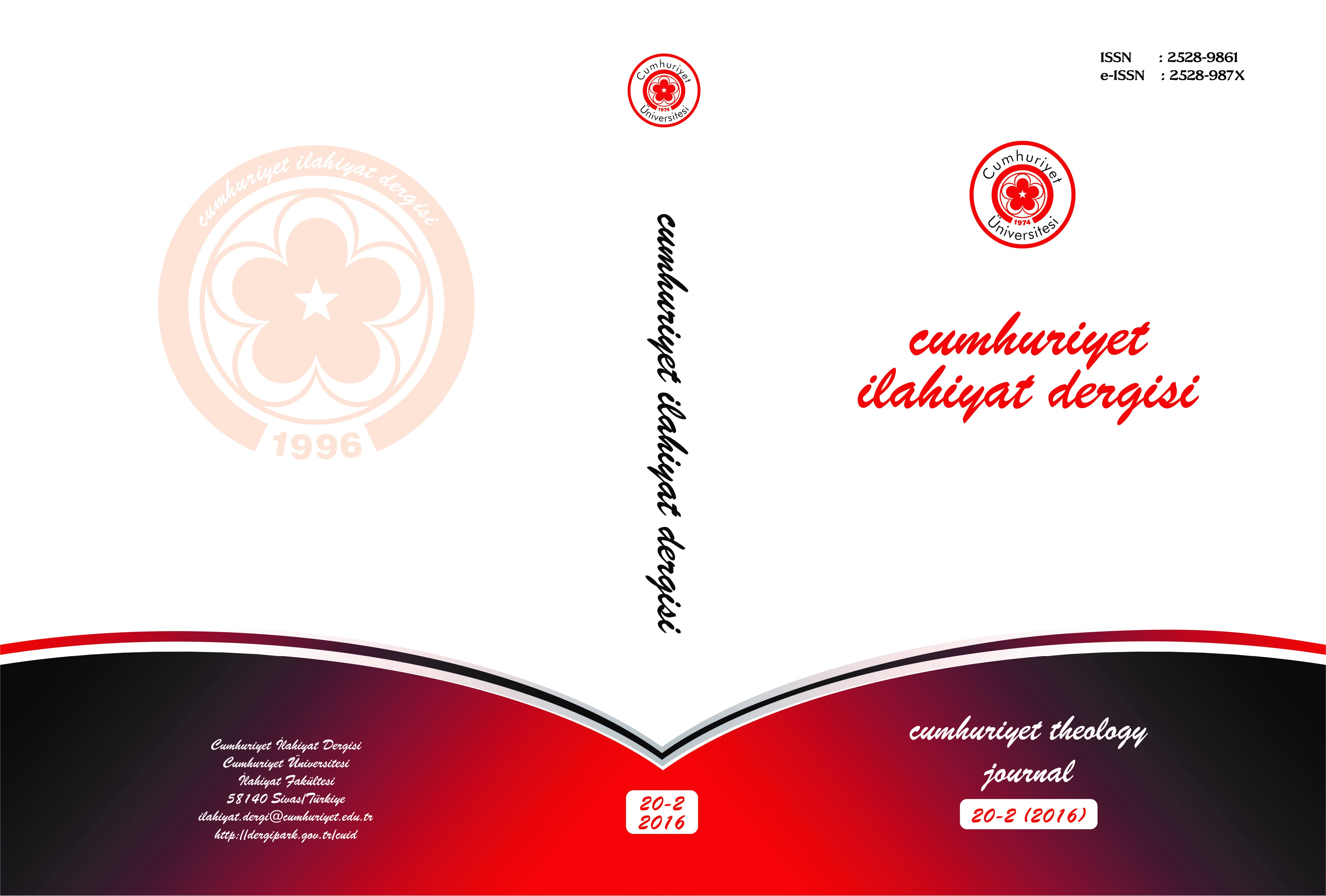ir Kaidenin Serencamı: Hâcet Umumi Olsun Hususi Olsun Zaruret Menzilesine Tenzil Olunur
The Historical Development of an Lex: Need, General or Particular, is Dealt with as to Meet Necessity
Author(s): Temel KacırSubject(s): Islam studies, Religion and science
Published by: Cumhuriyet Üniversitesi İlahyat Fakültesi
Keywords: al-Qawāʿid al-Fıqhiyya; Ḍarūra; Ḥāje; Umūmī; Khuṣūṣī;
Summary/Abstract: In the fatwas given today related to whether individual or social life, the area of jawāz either has been very wide or very narrow. Those, who feature the behavior making prohibited things lawful, have nearly defined even necessity within the pragmatism on the basis of need and they keep the area in question very wide. On the other hand, those who confine the evidence of maṣlaḥa to a methodological principle, have nearly disregarded needs in solving individual and social problems. Whereas, in the fiqh, the needs have been categorized as necessary/ḍarūrī, human want/ḥājī and making beautiful/taḥsīnī, and many principles have been constructed for taking stock of them. One of the principles is the lex of “Need/al-Ḥāje, general or particular, is dealt with as to meet necessity/al-Ḍarūra.” When it is determined how this lex has come out since the first period and its conditions in the context of implementation are determined, it will be come out that necessary cannot be reduced to need. In the same way, it will be come out that the maṣlaḥa is not an evidence disconnected with life. So, in the article, we will discuss the concepts of necessary and need. Then, we will show what the conditions to be considered in implementation of this lex are, what its base is in the sharia, how it has come out since the first period, and how it has been used in actual issues of the fiqh as well as in a specific example. Thus, with this study, we purpose to contribute to the solution of the actual issues of the fiqh.
Journal: Cumhuriyet İlahiyat Dergisi
- Issue Year: 20/2016
- Issue No: 2
- Page Range: 137-173
- Page Count: 37
- Language: Turkish

